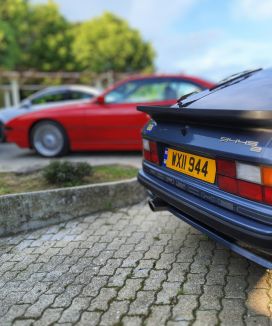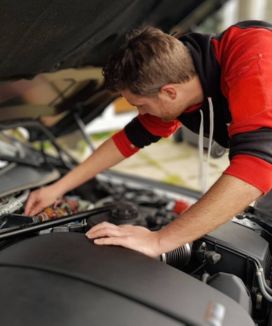Are High Mileage Cars Bad? (And How Many Miles Is Too Many?)
Table of Contents
High mileage cars are often inexpensive to buy, which is why so many people opt for them when they’re in the market for a used car.
A car with high mileage is an attractive option, but a common perception is that they can be a headache. Especially when they have a tendency to break down.
So is that perception correct? Are high mileage cars bad?
These days, high mileage cars aren’t necessarily bad. Modern cars are built to last much longer than those from previous generations, and if they’re well cared for there’s no reason to believe they’ll be any less reliable than a low mileage car.
That’s great news for people looking for a bargain used car, but when is a car considered ‘high mileage’, and at what mileage should you not buy a car?
When is a car considered high mileage?
A car can be considered ‘high mileage’ if it has covered over 15,000 miles for each year it’s been on the road. For example, a ten year old car with over 150,000 miles on the clock would be considered a high mileage car.
It’s difficult to class a car as ‘high mileage’ without taking into consideration the age of the vehicle.

Average mileage is around 12,000 per year, so if the car has done significantly more than that we would think of it as a high mileage car.
To calculate whether a car has high mileage, divide the total number of miles it has covered by the number of years it’s been on the road. If it’s over 15,000 miles per annum, you’ll know it’s a high mileage car.
This isn’t a strict rule as classing a car as ‘high mileage’ is subjective, but 15,000 miles per year is a good basis for your calculations.
How many miles on a car is too many?
170,000 miles is considered too many when looking to buy a used car. It could be less depending on how many miles you plan to drive the vehicle during your ownership.
These days it’s fine to buy a car with over 100,000 miles. Modern cars are designed to last much longer than they were 30 years ago, and there are plenty on the road with over 150,000 miles on the clock.
Mileage adds wear and tear to all major components, so by the time a car reaches 170,000 miles it’s likely to be in need of some major replacements if the work hasn’t already been carried out.
It’s also worth noting that not all high mileage cars show the same amount of wear. Those that have been used mainly for long journeys are likely to be in better condition as this type of driving is easier on the car.
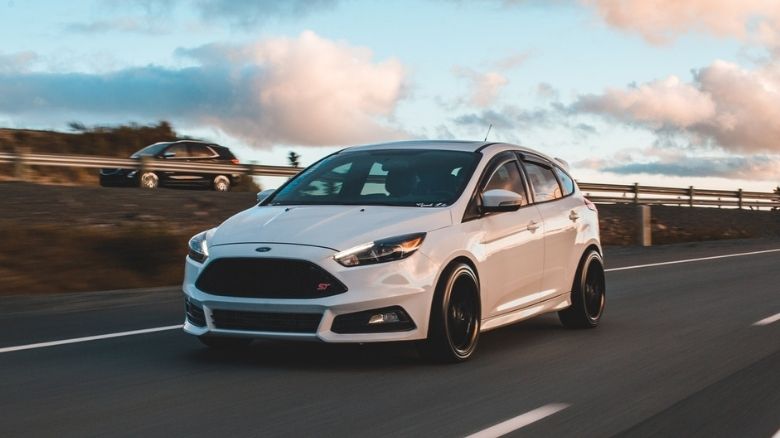
If the car has been used for short journeys around town in stop-start traffic the engine and transmission will likely be far more worn.
At what mileage should I not buy a car?
You shouldn’t buy a car with more than 170,000 miles if you’re planning to use it regularly for a number of years, although this advice varies depending on how much you drive, how much you’re willing to spend on preventive maintenance, and what sort of car you’re buying.
If you’re buying a used car as your only means of transport, it may be worth getting something with less mileage to reduce the risk of a breakdown impacting you, and to reduce how regularly you need to spend money on maintenance.
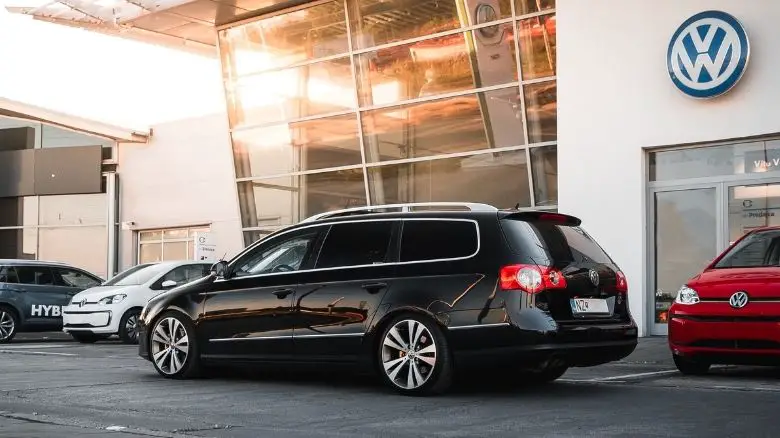
If you’re buying a used car as a second vehicle, you may be able to buy one with slightly higher mileage as you’ll still be able to get about if anything happens. It’s also likely you’ll be putting fewer miles on the car annually if it’s a second vehicle.
If your vehicle does need any maintenance work, you could afford the luxury of waiting until you’ve saved up a bit of money if you have another car to use in the meantime.
Real world example: high mileage Porsche 944
One of our cars here at The Car Investor, our Porsche 944, has covered 165,000 miles. We decided to buy this car as it had been through a major restoration project with the majority of engine components, rubber seals, pipes, and bodywork having been replaced, repaired or restored.
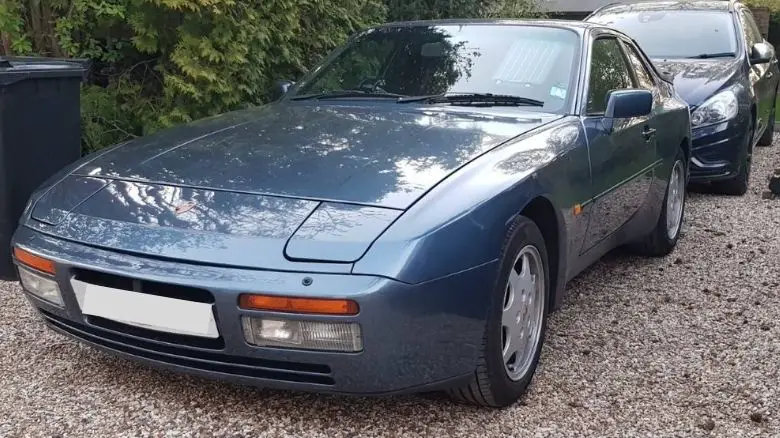
We bought this car as a weekend car and an investment, and have access to other vehicles with much lower mileage to be used everyday.
Our case is very different to buying a high mileage car to be used regularly, as if anything goes wrong we’re still able to get to work and back using another vehicle.
How many miles can a car last?
Modern cars are expected to last around 200,000 miles, but some can last over 300,000 miles if they’re well cared for. The longest a car has ever lasted is 3,000,000 miles.
Cars are designed to last much longer than they were in the past, and a car’s engine can last at least 200,000 miles in most instances.
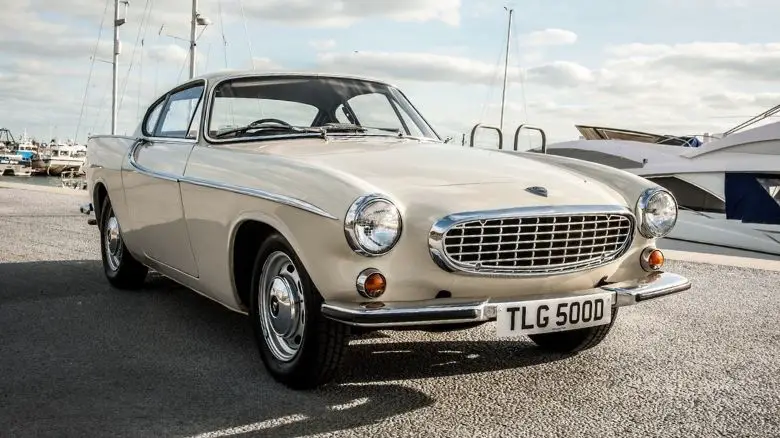
With good maintenance, including regular fluid changes, some cars will keep going to at least 300,000 miles. Whether this is possible also depends on the type of car, the build quality, and how hard it is driven throughout its lifetime.
Theoretically you could keep a car going for many hundreds of thousands of miles if you were to keep changing out parts, but most become uneconomical to fix after a while.
What happens when a car reaches maximum mileage?
Older cars with analog odometers will reset to zero when the maximum mileage is reached. Newer cars tend to have digital odometers, most of which will just keep climbing.
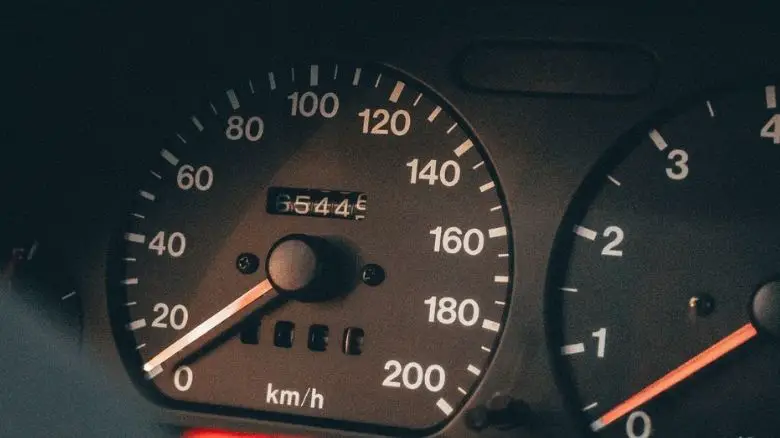
Whilst there is no defined ‘maximum mileage’ of a car, in the past the majority of analog odometers only had six digits (some only five). Once the maximum number had been reached (999,999 in the case of a six digit odometer), it reset to zero.
Unscrupulous used car dealers used to ‘clock’ their cars by using a drill to force the odometer past its highest point so the unsuspecting buyer would believe they were picking up a low mileage vehicle.
‘Clocking’ is not as much of a problem today as the majority of odometers are digital. As long as they’ve been programmed with high mileage in mind, they will keep going past the 999,999 mark.
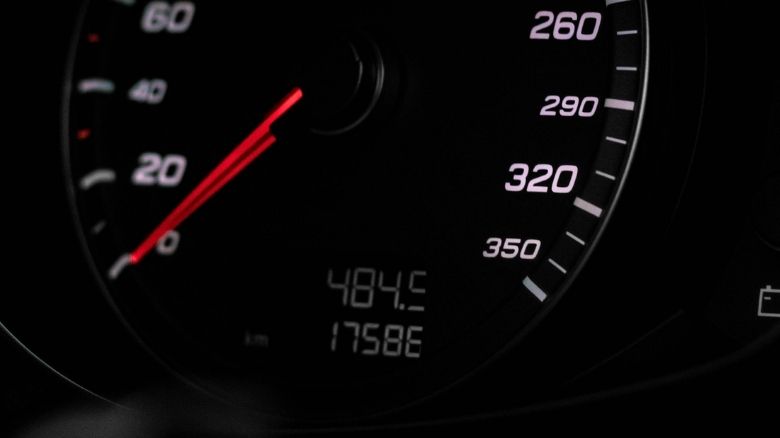
Is a newer car with high mileage worth buying?
It’s worth buying a newer car with high mileage if you value the driver comforts that come with modern vehicles, or you want to buy a particular model of car that would be too expensive with low mileage.
There is a trade-off to be made when looking for a used car. Do you go for a more desirable modern vehicle with high mileage, or an older one with lower mileage?
If you’re set on buying a modern car but can’t afford a low mileage example, then be sure to thoroughly check the car’s maintenance history.
If it’s been looked after by the previous owner and not driven hard, it may even turn out to be a better buy than a low mileage older car.
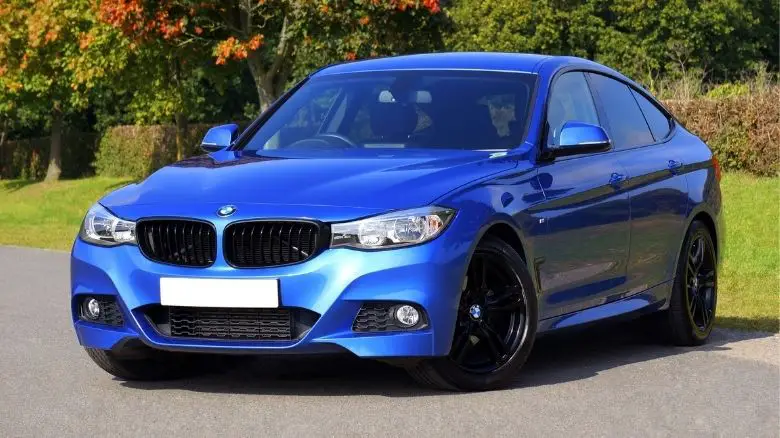
High mileage cars – good or bad?
High mileage cars are good if they’ve been regularly serviced and have mainly been used for long journeys. They’re bad if they haven’t been well maintained, and have been used for shorter journeys throughout their lifetime.
The key is to review all pieces of the puzzle when searching for a used car. Don’t just look at the mileage as the only indicator, also assess:
- The car’s condition
- The service history
- Any preventive maintenance that’s been completed
- How the car has been used (long or short journeys)
- How trustworthy the company or person you’re buying from appear to be
- How many previous owners the car has (the lower the better)
If you’re happy that the car is in good condition and has been well cared for, it can be wise to buy a car with high mileage. Unless the mileage is really high, it’s likely to still have plenty of life left in it.

It’s a fair assumption that during your ownership you’ll face higher than average maintenance costs with a high mileage vehicle, but it will be cheaper to buy in the first place.
For added peace of mind you may want to look at buying an aftermarket warranty if the factory warranty has expired. This will cover your costs if anything goes wrong with the car, but there will be an annual charge.
Overall, we believe high mileage cars can provide a good option if you’re in the market for a used car, and open up opportunities to buy higher-end models that otherwise wouldn’t be available within your budget.
It’s not bad to buy a car with high mileage as long as you accept the additional maintenance costs involved. Don’t let high mileage put you off buying the car of your dreams.
ABOUT THE AUTHOR
Adam Chinn writes about the intersecting worlds of classic cars, driving pleasure, and smart investment strategies. Starting his journey at 26, he’s proven that one doesn’t need to be wealthy to begin investing in classic cars.
Adam’s insights have been recognized on platforms such as MoneyInc, Swagger Magazine, and Top Speed.

